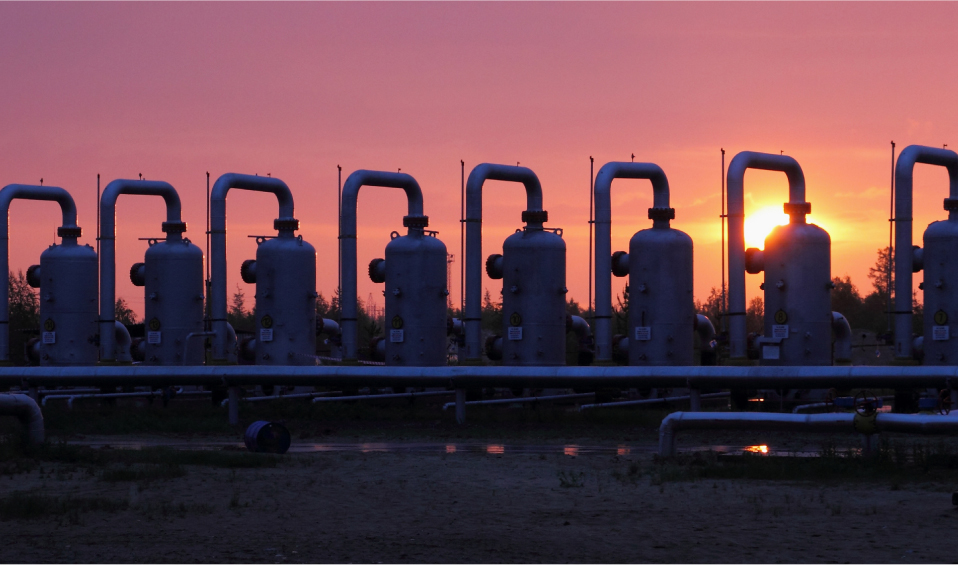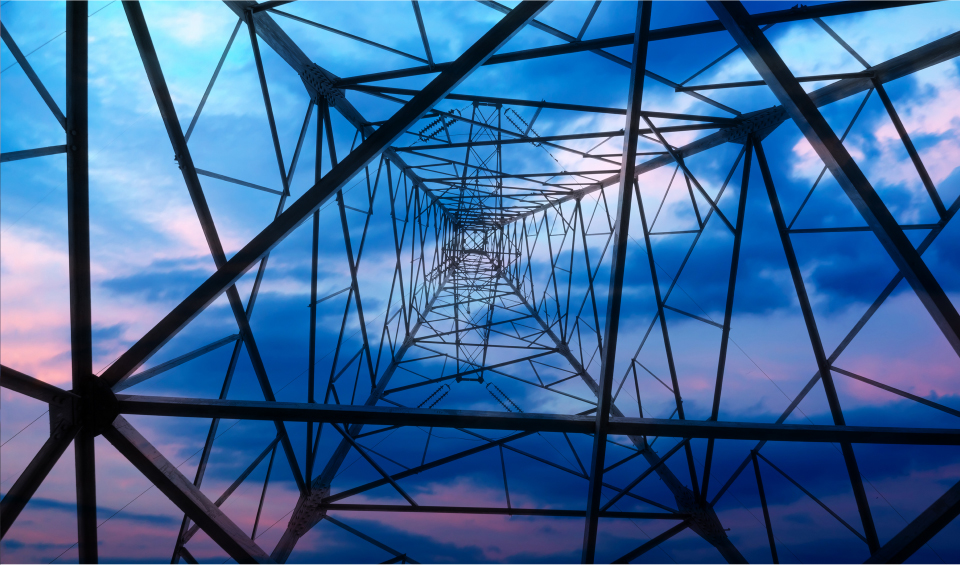
Thanks to ESCP Business School's Energy Management Centre wide network in the academic and business communities, our views on energy news give you comprehensive insight into energy issues.
Please join us...
There is increased interest in oil and gas exploration offshore Lebanon, but the country lags behind Israel and Cyprus in developing its resources. There has been wide domestic criticism of the government's slow progress in developing Lebanon's petroleum resources, as symptomatic of the country's governance failure. However, in light of the state's weaknesses in the areas of control of corruption, rule of law and political stability, an accelerated path to the development of resources would have involved great risks.
From 2007 to 2012, Lebanon has gradually established the institutional and legal framework for the governance of the petroleum sector. Throughout this process, political parties have struggled to increase their influence over the sector - for instance in the Council of Ministers' appointment of members of the regulatory body or the parliamentary approval of the agreement with Cyprus on maritime boundaries. In the future, it is likely that further critical decisions will be stalled in the regulatory body (the Petroleum Administration) and the Council of Ministers, which memberships reflect the religious segments of Lebanese society. The political process of building coalitions of support for each milestone is indeed painstakingly slow, but it creates consensus around the policy outcome. And thanks to relatively high state administrative capacity and support from foreign technical advisors, the government has established an adequate framework for investment.
Acceptance of shale development in Europe is increasing, but not at a pace to suggest that shale oil and gas will be part of Europe's near-term energy or economic solutions.
Over the past year there have been significant changes in the European shale development landscape. A 2012 study by ESCP researchers identified social risks as those risks of greatest consequence for investors and companies seeking to explore or produce shale gas or oil in Europe. That has not changed, but the level of uncertainty surrounding social risks in Europe is declining. This is likely because of better public understanding of the issues; concerns over carbon emissions; frustration with rising energy costs; continued concerns over Europe's economic conditions, particularly when contrasted with what shale is doing for the US economy; and fear of losing economic competitiveness.




527 Finchley Road
London NW3 7BG
United Kingdom
Tel: +44 (0)20 7443 8800
Fax: +44 (0)20 7443 8845
E-mail: [email protected]










